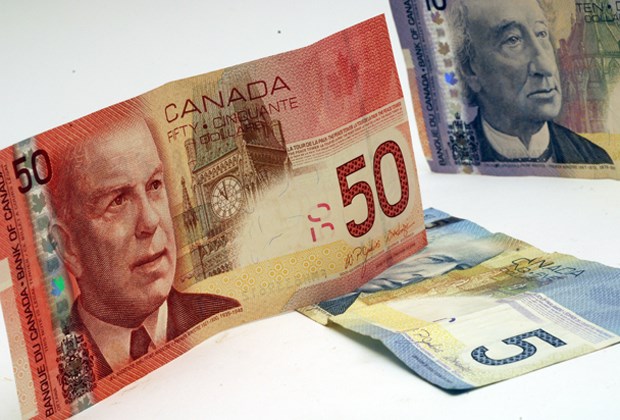In West Vancouver, the "one per cent" is actually the seven per cent.
That's according to information from the National Household Survey on income, recently released by Statistics Canada, which confirms that West Vancouver's reputation for affluence is well deserved.
Across the country as a whole, individuals earning more than $191,000 were among the lucky few in the top one per cent of income. In the District of West
Vancouver, however, seven per cent of people fell into that category, while about 23 per cent of residents were in the top 10 per cent of income earners nation-wide.
Only about 65 per cent of income in West Vancouver was earned through employment. Residents received almost 18 per cent of their income through investments - three times the provincial average - as well as receiving a higher than average income through private pensions.
Among those who worked full-time, earners were likely to be senior managers and business professionals with median incomes of around $74,000.
But the average income of the top 10 per cent - including investments and other sources of income - was much higher, at more than $250,000. Among men, that climbed to just under $300,000.
Not all is rosy for the rich, however. West Vancouverites also paid a higher percentage of their income in taxes than those with slimmer wallets.
West Vancouver residents paid about 25 per cent of their total income to the tax man, compared to about 14 per cent overall for residents of B.C. Statistics Canada pegged the median after-tax income of families in West Vancouver at just shy of $98,000.
Not everyone in West Vancouver is well off, however. Almost 15 per cent of residents are living in households considered lowincome - defined as having half the Canadian median of after-tax household income.
In North Vancouver, incomes were also higher than the provincial average, although less stratospheric than those of West Van.
Residents in both the city and district earned more of their income through employment (79 and 76 per cent respectively). Pensions and investments each made up between five and eight percent of total incomes.
Among those who worked full-time in the district, their median employment income was $62,000. Those workers were likely to be in middle management and professional occupations. Median after-tax income of families in the district was about $89,000.
Residents paid about 18 per cent of their total income in taxes. About 11 per cent of residents were living in households considered low income.
In the City of North Vancouver, a median income for full-time work was $53,000. City residents paid about 15.4 per cent of their income in taxes. Median after-tax income of families was $70,763.
About 16 per cent of residents in the City of North Vancouver lived in households considered lowincome.
Canada pension and old age security payments accounted for the lion's share of federal transfers to residents throughout the North Shore. Employment Insurance and child tax benefits made up only a small portion of federal transfers.



